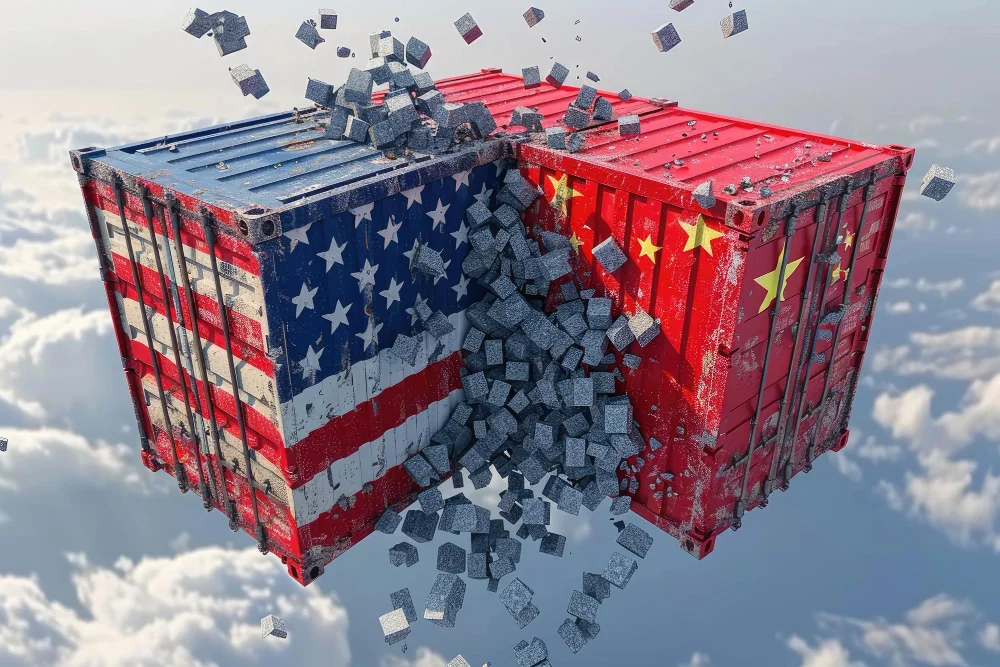Introduction to the Russia-China Economic Alliance
The economic alliance between Russia and China has gained momentum in recent years. This partnership isn’t just a typical trade agreement; it’s a calculated move influenced by shifting global dynamics. In response to Western sanctions, Russia and China have strengthened their ties, positioning themselves as powerful allies. This alliance is redefining the economic landscape and impacting global geopolitics.
Historical Context of Russia-China Relations
Russia and China share a complex history that spans centuries. While once marked by rivalry, their relationship has evolved. Since the end of the Cold War, the two nations have gradually built trust. In recent decades, they’ve seen mutual benefits in a closer relationship. Economic pressures from the West, including sanctions on Russia, have driven this partnership forward. Their cooperation is now more strategic, focusing on countering Western influence.
Economic Collaboration in Response to Western Sanctions
Western sanctions on Russia, particularly after the annexation of Crimea in 2014, significantly impacted the Russian economy. In response, Russia sought alternative trade partnerships, with China as a primary ally. China, in turn, found value in diversifying its alliances amid its own trade disputes with Western countries. The two nations have expanded their economic exchanges, developing frameworks for cooperation in key industries to offset the impact of sanctions.
Key Sectors of Cooperation: Energy, Technology, and Trade
The energy sector stands out as a core area of Russia-China collaboration. Russia supplies oil and natural gas to China, strengthening China’s energy security while providing Russia with an essential revenue stream. Projects like the Power of Siberia pipeline underscore this mutual dependence. Beyond energy, technology and trade are emerging as significant aspects of the alliance. China’s technology sector benefits from Russian resources, while Russia gains access to Chinese technological innovations, especially as Western technology companies pull away.
In trade, the two countries have committed to reducing reliance on the U.S. dollar, favoring transactions in rubles and yuan. This move challenges Western economic dominance and signals a new economic alignment.
Mutual Benefits and Strategic Goals
The Russia-China alliance benefits both nations in unique ways. For Russia, this partnership provides an alternative to Western markets and a lifeline against economic isolation. China gains a stable energy source and a reliable ally in geopolitical issues. Strategically, both countries share a vision of a multipolar world, aiming to counterbalance Western influence and create a global environment more favorable to their political and economic interests.
Challenges and Criticisms of the Alliance
While promising, the alliance faces challenges. Both nations are powerful in their own right and may eventually clash over influence, especially in Central Asia. Additionally, Western critics argue that the alliance is based on temporary needs rather than genuine ideological alignment. Some analysts also question the long-term stability of the partnership, given potential competition for regional dominance and differing national interests.
Implications for Global Geopolitics
The Russia-China economic alliance has broad geopolitical implications. It disrupts traditional power structures, challenging Western influence in Asia and beyond. The alliance could embolden other nations to explore similar partnerships, reducing reliance on Western economies. As Russia and China align, their influence grows in key areas, including the United Nations, international trade, and regional security.
Future Prospects for the Alliance
Looking ahead, the Russia-China partnership is likely to deepen, especially if Western sanctions and trade pressures persist. However, the alliance’s sustainability will depend on how well both nations manage their shared interests and potential conflicts. Continued cooperation in sectors like energy and technology will be essential, along with diplomatic coordination on issues impacting their shared goals.
Conclusion
The Russia-China economic alliance marks a significant shift in global economic and political dynamics. Born out of necessity, it has transformed into a strategic partnership that challenges Western influence and shapes a new era of international cooperation. As this alliance evolves, its impact on the global stage will be profound, influencing everything from trade patterns to geopolitical alliances.


